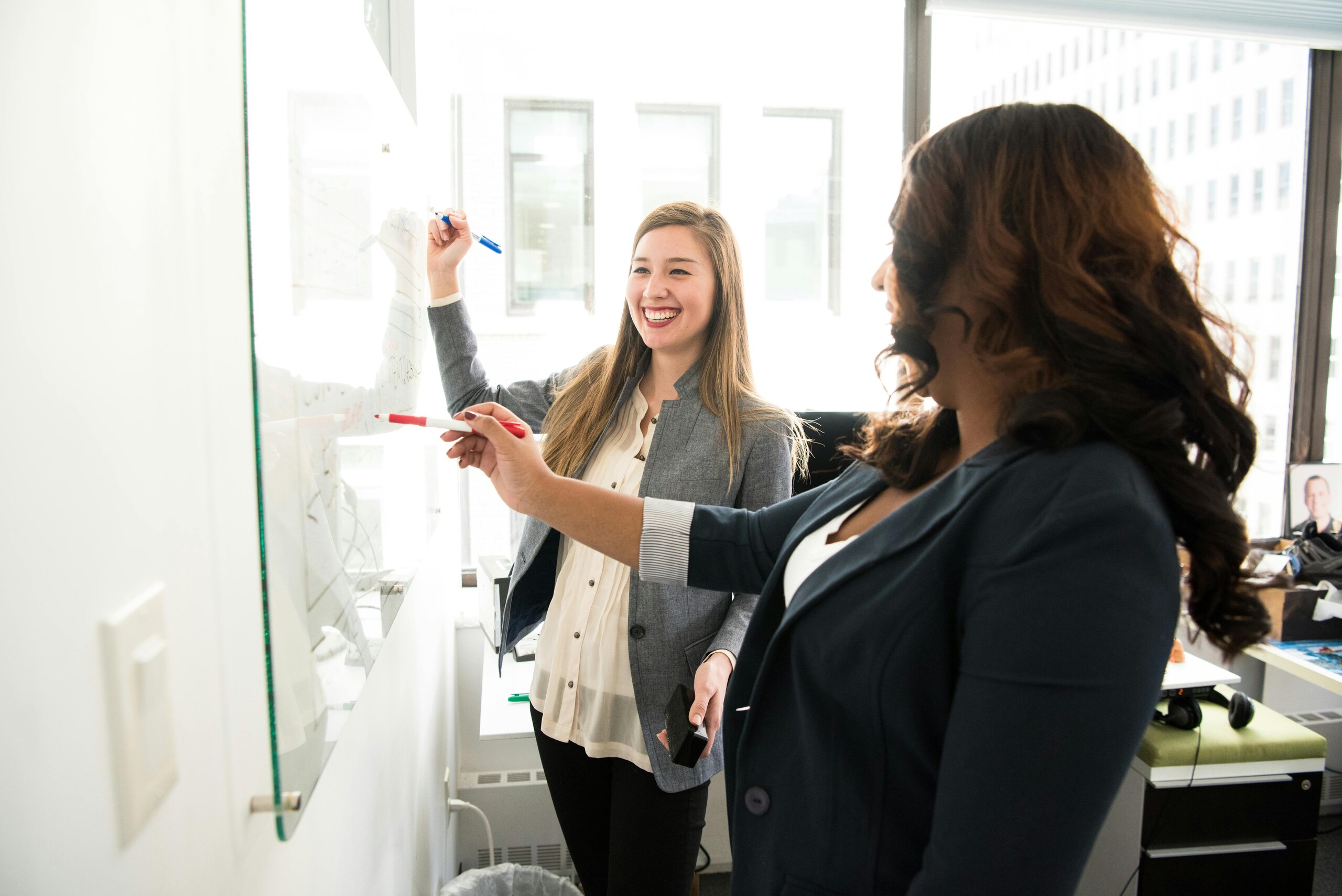As part of the ALPAKA project, the university offers the opportunity to develop and professionalize professionally and personally with the help of individual coaching. The coaching supports the coachee in identifying individual goals, planning the associated steps, overcoming potential hurdles and making progress in both personal and professional development.
What does coaching mean?
In a coaching process, the areas of tension of the person, the respective roles and functions in the work context and the organization are considered and the interactions of these requirements are reflected upon. The aim of coaching is to reconcile individual needs and skills with professional (and private) requirements.
Coaching is a methodically guided process in which a coach promotes self-reflection and self-management on the part of the coachee. The coach does not give direct advice on the issues to be discussed, but supports the coachee individually in developing and implementing their own strategies and solutions in a goal- and resource-oriented approach ("help for self-help"). A successful coaching process requires that the coachee has a personal interest in self-reflection and further development.
When is coaching not suitable?
A coaching process is not always the right way to address a personal issue.
- Coaching does not provide ready-made solutions, (professional) advice or "patent remedies". The coachee's cooperation and self-reflection are essential for the solution process.
- There is no guarantee of success or results in the coaching process. Such an approach would resemble a promise of a cure and would be unprofessional.
- Psychologists, psychological psychotherapists or psychiatrists are the right people to contact in cases of mental illness (whether suspected or already diagnosed) that require therapeutic intervention.
For whom is individual coaching offered at the HKA?
Academic staff, doctoral candidates, postdocs, lecturers and professors can obtain individual and tailored support for professional and private issues free of charge.
What topics can I be coached on?
Typical topics for coaching sessions are
- Career development and planning
- Reflection on your own teaching - methodological and didactic reflections
- Individual strengths and resources
- Self-motivation
- Difficulties, conflicts and obstacles in the professional context
- Own (leadership) role in the university context
- Leadership and communication skills
- Preparation for challenging conversations
- Time and self-management
- Dealing with changes and innovations
- Combining family and career
- Stress management and resilience (work-life balance)
What can I expect from individual coaching?
HKA's coaching approach is systemic, i.e. the coachee looks at their issues with a focus on their strengths and resources in their respective system environment. Depending on the individual topic, interactions between different systems are discussed - e.g. between the professional environment, social networks or family or private concerns. The systemic approach in the coaching process takes into account and reflects these reciprocal interaction possibilities of the individually relevant areas of life. In a dialogical and appreciative approach, coaching helps to find tailor-made and sustainable solutions for the coachee's concerns.
The duration and number of sessions as well as the intervals between several sessions are determined individually. All meetings take place in a confidential setting to ensure safe and open communication. The meetings can take place, for example, in a meeting room, in the cafeteria or during a walk.
Who conducts the coaching?
The coaching is carried out by Felicia Alius or Dr. Meike Zellner. If you are interested, please contact our colleagues directly by e-mail.
